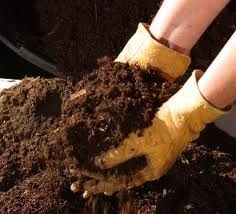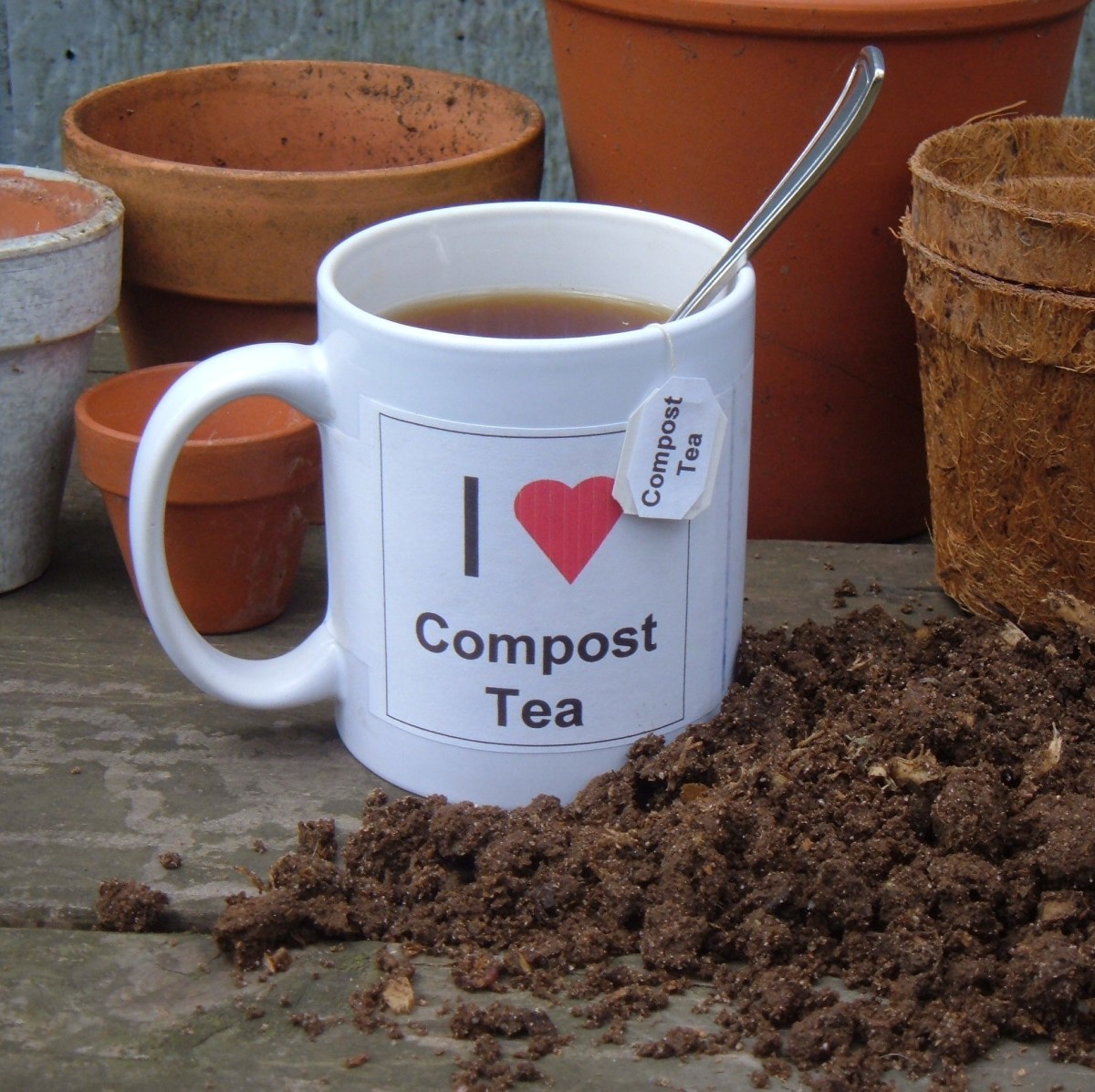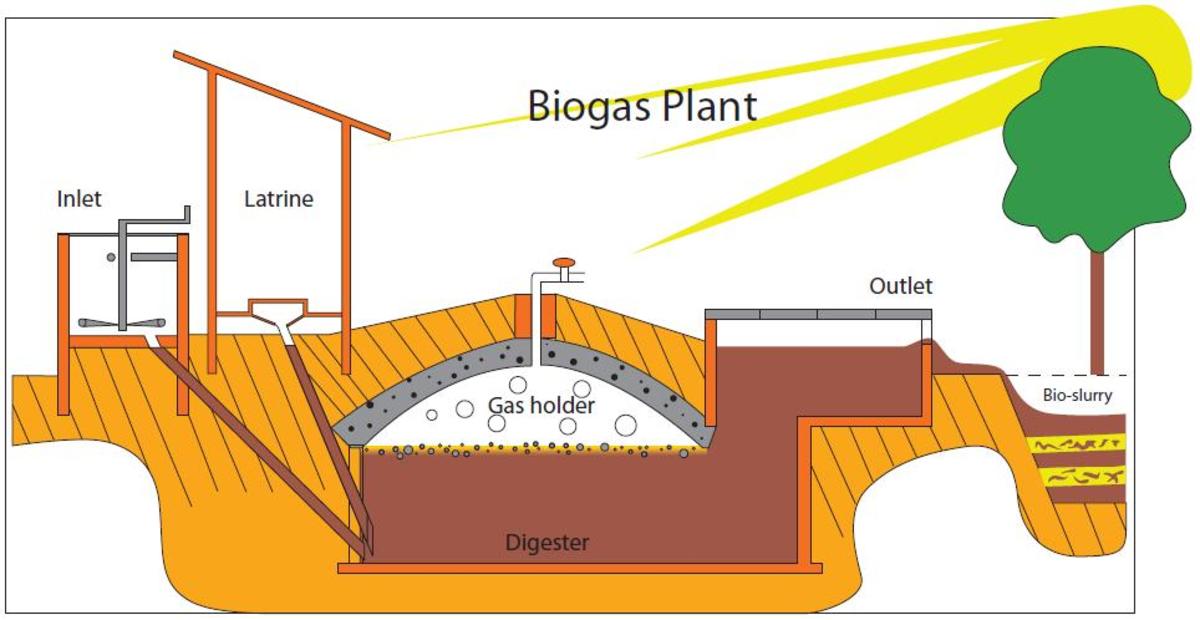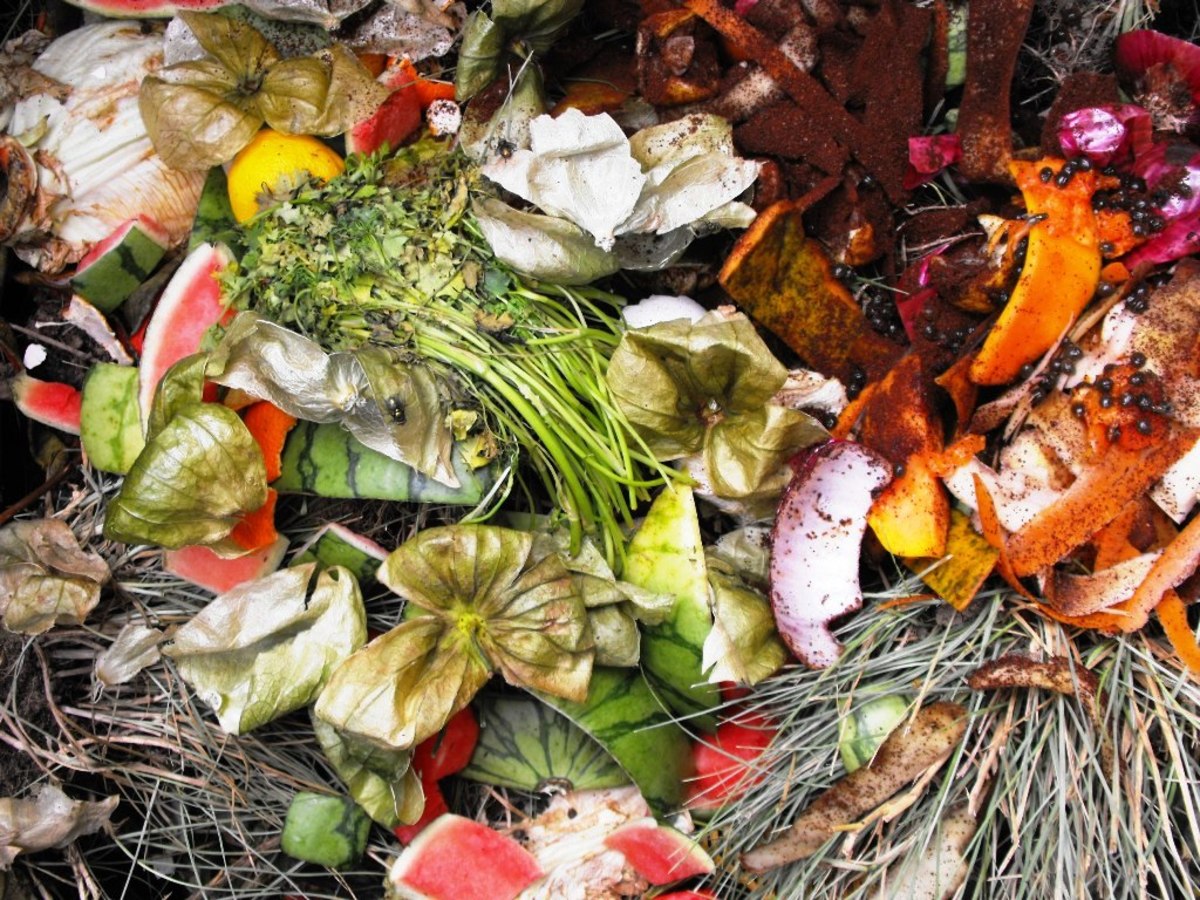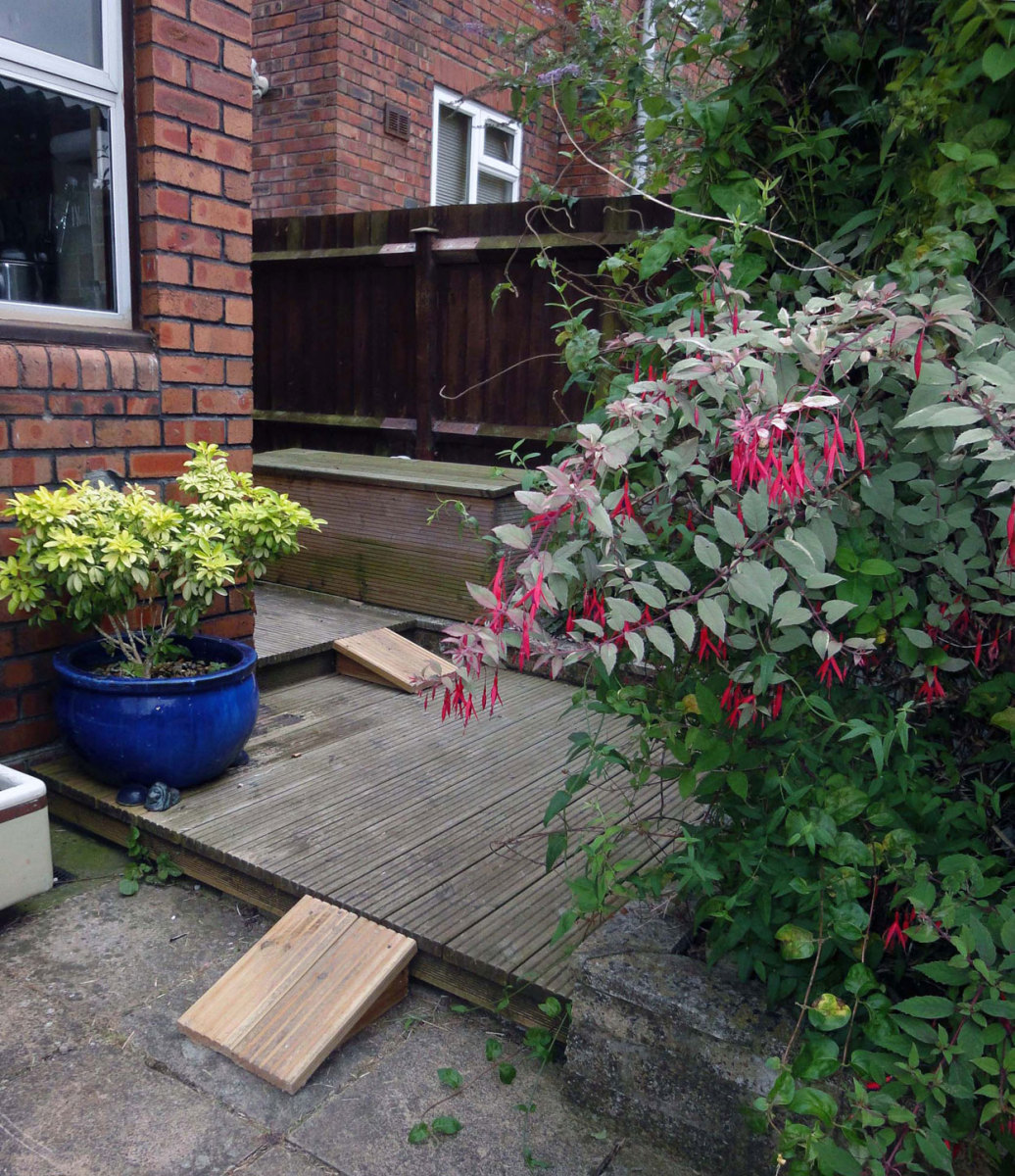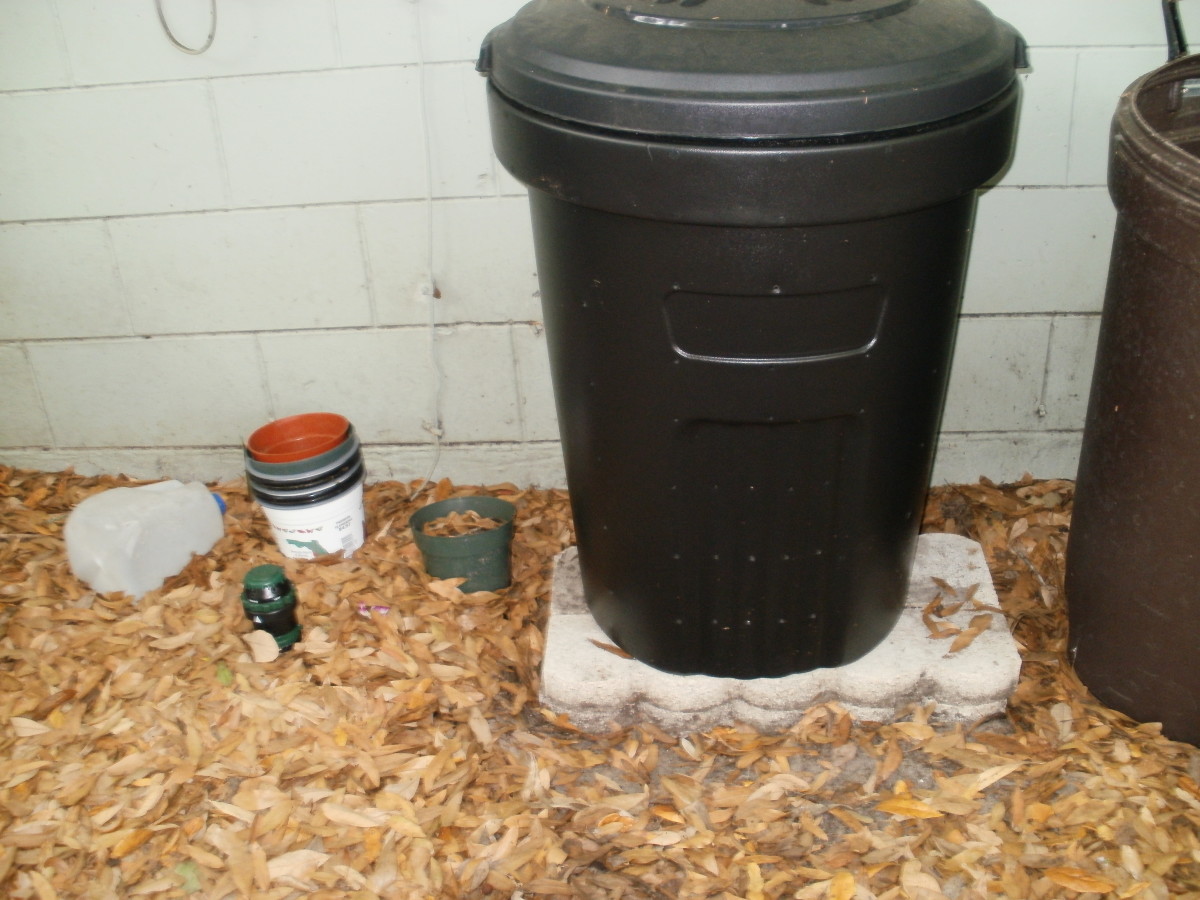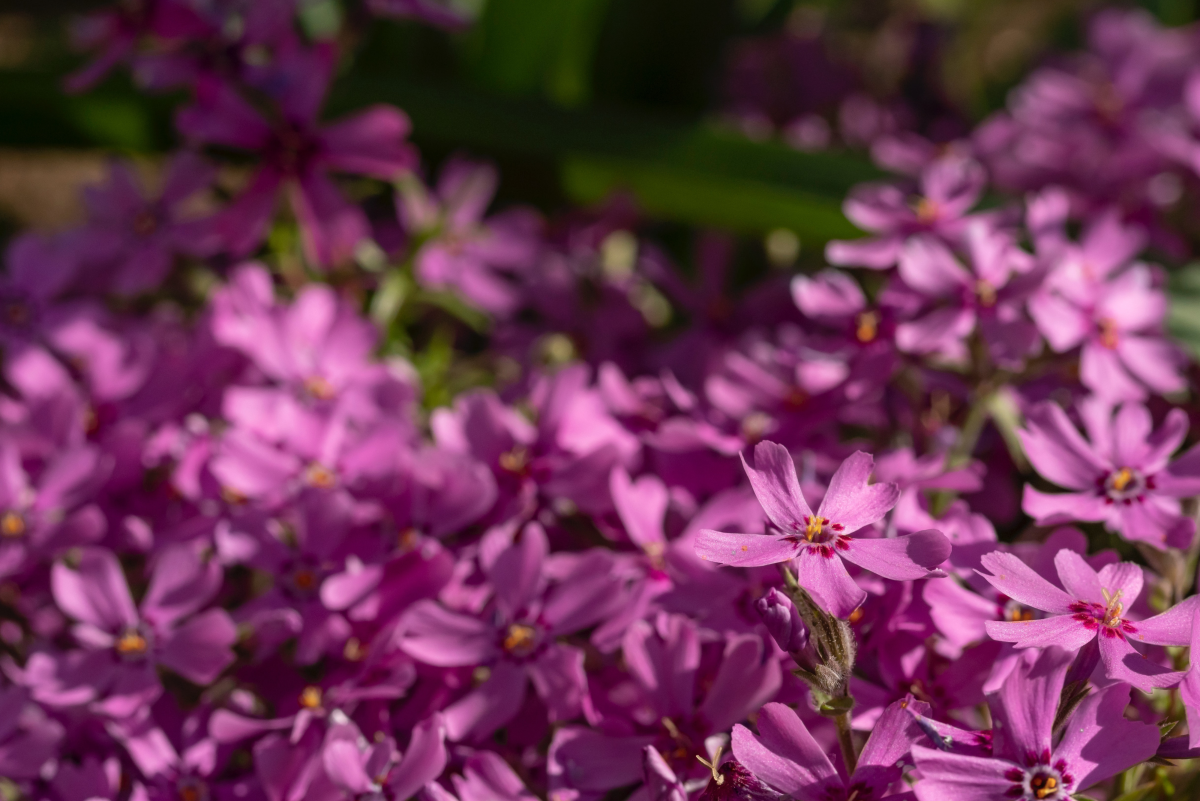Compost Bins
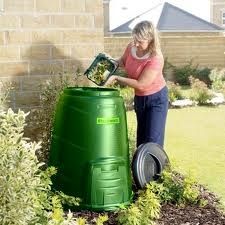
Composting Tips - Turn Your Kitchen & Yard Waste Into Garden Mulch
Composting is the ecologically sound process of turning kitchen and yard waste into nourishing mulch and fertilizer for everything you grow. The average family living in a single-dwelling home discards a total 1,300 pounds of municipal solid waste per person, per year, all of which is accumulating in landfills.
Composting is the recycling and decomposition of organic matter that is returned to the soil to provide nutrients and restructure the composition of the soil. Hesitant to start composting because you fear it will be a smelly, messy inconvenience?
Keep reading... A compost bin can reduce your garbage bill and enrich your garden! It's easy to get started composting, and it makes a fun and rewarding family activity. Follow these easy tips and you'll be composting in no time...
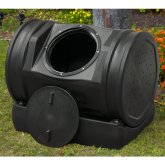
"Do's" of Composting
These Are "Good Items" To Add To Your Compost Bin
Compost bins are layered with organic matter: one part greens, rich in nitrogen; and three parts browns, rich in carbon.
Good "Greens" consist of:
* Coffee Grounds
* Tea Bags
* Fruit
* Vegetable Trimmings
* Grass Clippings
* Hair
* Garden Plants (Disease free)
* Tree Prunings
Good "Browns" consist of:
* Clean Shredded White Paper
* Newspaper
* Cardboard
* Cotton or Wool Scraps
* Coal-free Ashes
* Crushed Nutshells & Eggshells
* Dry Leaves
* Dry Yard Trimmings
* Dryer Lint
* Straw
* Sawdust
* Wood Chips (From Untreated Wood)

"Don'ts" of Composting
Never Add These Items To Your Compost Bin
Never add bird droppings, urine, or feces from animals or humans, all of which harbor harmful bacteria. Avoid bones, dairy products, meat, and blood that will smell and attract rodents.
Greasy items and oil-based foods, as well as chemically treated items, do not belong in a compost bin. Limit pine needles, eucalyptus leaves, and citrus peels that can slow down the composting process; limit ash, which can alter soil pH.
Plastic, Styrofoam, and rocks will never break down, so keep them out.
Never Add These Items To Your Compost Pile:
* Diseased Plants
* Meat, Fish, or Bones
* Pet Waste
* Weeds with Seeds
* Dairy Products
* Oily or Fatty Items
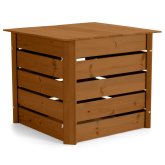
What Types of Backyard Composters Are Available?
Outdoor or Backyard Composters have come a long way in the last few years. I always thought a compost bin was a corner in your yard where you dumped all your leaves, grass and whatnot.
Modern compost bins look sharp, come in a variety of colors, work fast, and aren't a lot of trouble.They now are made of many types of materials: recycled plastic, wood and metal bins. All are available in a range of capacity levels so you can get the one that bests suits your family's needs.
Now There Are So Many Great Home Composter Options!
Good Book on Composting
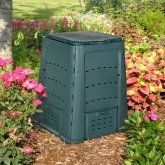
Composting 101
5 Steps To Compost Success
The composting process consists of taking household and outdoor plant waste, encouraging the growth of bacteria and fungi, accelerating the decomposition process, and reaping the benefits of the end product.
1.) MIX - Composting starts with the right ingredients. The correct mix of carbon and nitrogen (referred to as "greens" and "browns") creates the best environment for beneficial bacteria and fungi that quickly digest plant waste. A 3:1 ratio by weight of carbon to nitrogen works best.
2.) CHOP - Pay attention to the size of the waste you add to your compost pile. The smaller the piece, the faster the decomposition will happen. Try and aim for waste no larger than a quarter (1 inch or less preferably). This allows the bacteria to get into the center of the pieces, digesting them quickly and completely.
3.) INOCULATE - To speed up the process, try adding organic inoculants (inactive forms of bacteria and fungi) found at your local garden-supply store. When added to your heap, they come to life and get to work on your waste, converting it in a fast manner into usable compost.
4.) TURN - Introducing oxygen to a compost heap also speeds the decomposition process. Turning your compost periodically helps introduce this beneficial element. Using a pitchfork or shovel, turn the pile from top to bottom, thoroughly mixing the layers. Most advocates of the quick composting method recommend turning once a week. (This step can be done for you with a rotating type compost bin)
5.) SPRINKLE - Water is the final ingredient for any well-designed composting operation. Water, along with the heat that develops deep inside the pile, creates ideal conditions for the growth of the bacteria and fungi needed to quickly turn your plant waste into valuable finished compost. Use the"squeeze test" to determine whether it's time to sprinkle the pile. Grab a handful of compost from just beneath the surface of the pile. If it feels damp but not soggy - it contains the proper 40 to 60 % moisture needed for composting. If it's dry, give it a drink.
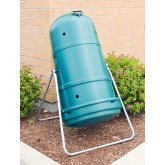
Rotating and Tumbling Made Easy
The New Rotating Compost Bins Are Much Easier On Your Back!
Good news: Composting no longer is back-breaking work! Many of the newly designed compost tumblers make the job fun and easy. The vertical tumbling action of the Tumbleweed 8 Cubic Feet Green Compost Tumbler (pictured) creates an aerobic action that offers a quick and odorless form of composting. Designed with a stainless steel rod running through the middle, it also has sturdy galvanized tubular steel legs that won't rust as they provide a sturdy frame for the composter.
It comes with complete instructions on how to make compost, along with easy-to-follow assembly instructions. Two vented lids at each end allow for easy filling and emptying of the bin while producing maximum aeration. Animal-resistant twist locks keep critters out. Under optimal composting conditions outdoors, a daily spin of the tumbler should result in compost in as little as 21 days. This compost tumbler was tested and recommended by members of the National Home Gardening Club.
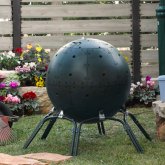
Where Can I Buy A Good Compost Bin?
Compost Bins For Sale: Our Recommended Source
Whether you'd like a backyard compost bin close to your garden, or the convenience and year-round ease of an indoor model - there's a compost bin right for you and your habits!
For a great selection of affordable compost bins visit: Compare Composter Models
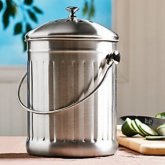
Indoor Compost Bins And Kitchen Compost Bins
You don't want to have to venture outside every time you have some garbage to compost, but you also need to keep your kitchen from smelling like rotten food. Kitchen Compost Bins are the answer - and they come in a wide variety of styles. There are some that are decorative so they can sit right on your kitchen counter and no one will ever guess it's full of scraps and trimmings.
This compost pail (photo) holds several days' worth of vegetable trimmings and food scraps while two charcoal filters in the vented lid keep odors trapped inside. It's an easy and efficient way to recycle kitchen food scraps that will later be used as compost in a natural garden. It also features a convenient, heavy handle that makes it easy to carry the contents to your main compost bin. Cleaning is a snap since its dishwasher safe.
Another very cool kitchen composter we recommend is the NatureMill Plus XE Kitchen Composter. The bin itself is made from recycled plastic and is super fast - it processes waste every four hours. Up to 120 lbs. of waste per month can be made into rich, organic fertilizer.
Fully automatic and odor free, this indoor composter turns food scraps into a nutrient-rich mix for your plants in just two weeks. The unit is completely sealed, and its continuous air flow and a powerful filter remove odors. Add everything from vegetables to coffee grounds, meat to fish, every day if you like, as waste items are processed continuously they are completely ground down into small particles. When your compost is ready, a red light indicator will notify you.
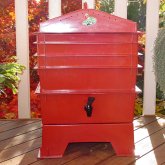
Worm Compost Bins
Fun, Rewarding, and Eco-Friendly
Worm Composting is easy and rewarding! Given the right environment and a little routine attention, a handful of worms will multiply rapidly and digest your kitchen scraps faster than any other method. You can compost your food scraps with worms and reduce the volume of your household garbage by as much as 25%. It's especially a neat, eco-friendly thing to do as a family. Best of all, young boys think it's REALLY COOL!
1. Any gardener knows that worms are a sign of nutrient-rich soil. Worms are important members of the gardening team, breaking down organic matter into compost. It only makes sense, then, that a worm composter is a great way to speed up the composting process.
2. Like regular compost bins, worm composters are receptacles for kitchen scraps that will eventually decompose. Worm composting bins are specially designed self-contained systems where worms can eat and live while converting your kitchen scraps (and even recyclable paper) into the best compost for your plants.
3. Best of all, worm composting is virtually odorless! You don't need to banish your worm compost bin to the yard; you can keep it in your basement, your laundry room, even your kitchen!
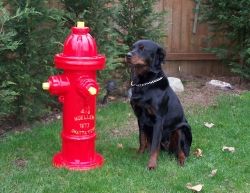
Pet Waste Disposal Composters
So Many New Types Now Available!
There are many benefits to using specially made units for dog waste. The new systems are neat, sanitary, convenient, odorless and insect free.
They keep your yard clean and you're not adding to the garbage or contaminating a compost pile. These terrific units are harmless to pets, wildlife, grass and shrubs, plus will not corrode or rust!
Some of the most popular types are Doggie Doo Drains, Doggie Dooley Septic Units, Pet Drum Digester Tanks and Solar Composters designed for pet waste.
Composting Tip:
Got compost? When finished it should look, feel and smell like rich, dark soil. You should not be able to recognize any of the items you put in the compost bin.
The Party's Over ... Now Compost!
Did you know? Leftover beer from parties can be added to your compost pile. The yeast makes beer a good compost activator. Only add enough liquid to keep your compost moist, not soggy. Also wine past its prime can be added to your pile...the corks too!
Finished Compost - Garden Gold!
